Do you know what they call a Royale with Cheese?
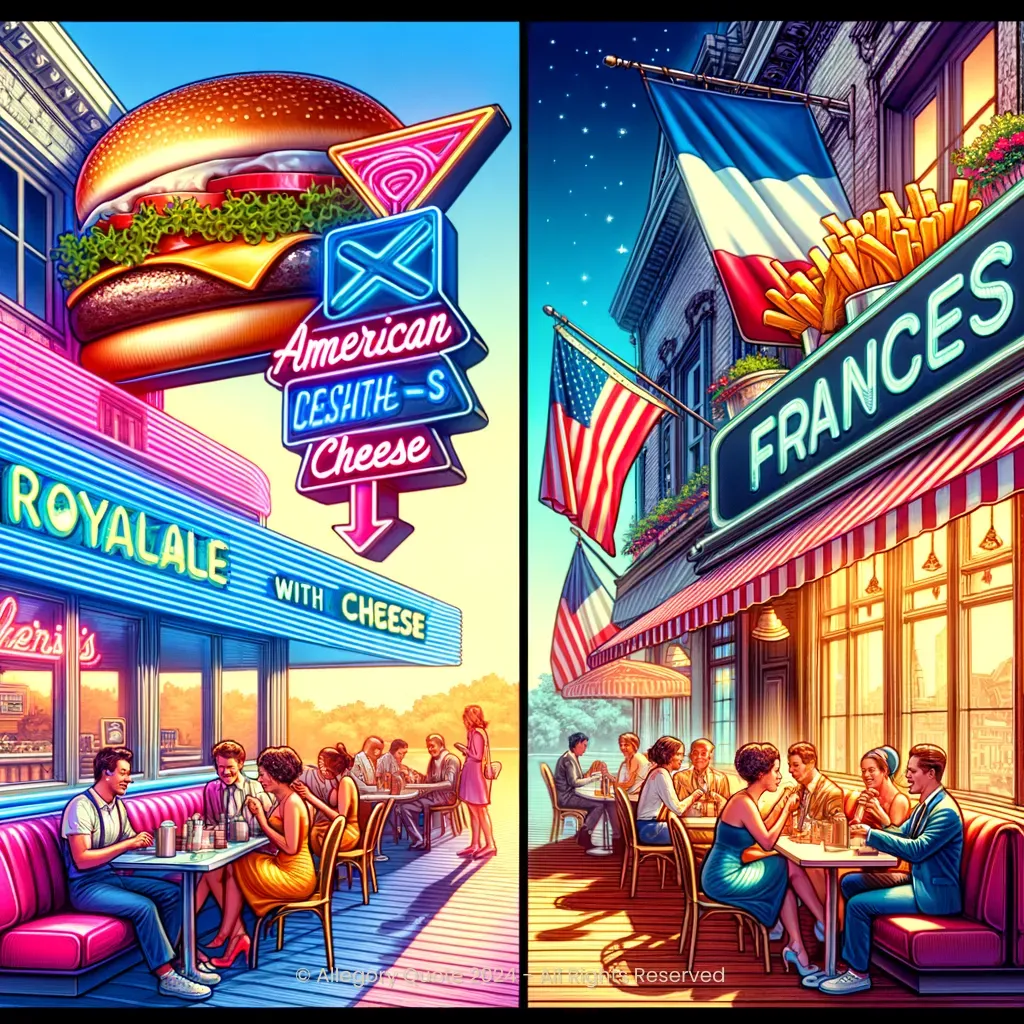
0
0
0
0
- Meaning
- The phrase highlights cultural differences in language and perception, illustrating how something as simple as a fast food item can be perceived differently across different cultures. It invites reflection on the nuances of communication and the way language shapes our understanding of the world.
- Allegory
- The allegorical image captures the cultural clash and blend through a diner and café setting. The bright neon sign represents the American culture's boldness, while the elegant French café signifies tradition and decorum. The happy patrons enjoying the two culinary worlds interplay represent the joy and camaraderie of globalization and cultural exchange.
- Applicability
- This phrase can remind individuals of the importance of understanding different perspectives and cultural contexts in everyday interactions. It teaches us to appreciate diversity in language and culture when communicating or traveling internationally.
- Impact
- The impact of the phrase is significant in pop culture, often quoted in discussions about the film itself and frequently referenced as a quintessential example of Tarantino's trademark dialogue. It has sparked interest in cultural naming conventions and food-related discussions.
- Historical Context
- The phrase first appeared in the movie "Pulp Fiction," which was released in 1994. This period is marked by a rise in independent filmmaking and a new wave of unique storytelling in Hollywood.
- Criticisms
- Some critics of the film argue that the dialogue may perpetuate stereotypes about Americans being oblivious to other cultures, while others may view the humorous observation as harmless. Arguments against the quote's deeper meaning often revolve around its simplicity and lack of substantial thematic content.
- Variations
- Variations of this phrase could include similar conversations about food items in various countries, reflecting how cultures have distinct naming preferences. In French, for example, they might have their own twist on a popular American dish, showing how localization happens. Different interpretations exist depending on the cultural context one analyzes it from.
-

You ever heard the philosophy that once a man admits that he's wrong, he is immediately forgiven for all wrongdoings?
-
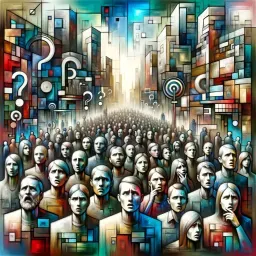
Goddamn it, what’s happening to us, man?
-

As you proclaim peace with your lips, be careful to have it even more fully in your heart.
-
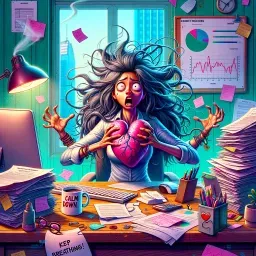
Now, if you’ll excuse me, I’m going to go home and have a heart attack.
-
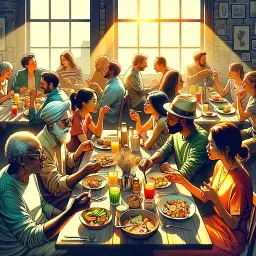
Looks like me and Vincent caught you boys at breakfast. Sorry about that. What you having?
-

I don’t remember asking you a goddamn thing!
-

If my answers frighten you, then you should cease asking scary questions.
-

Just because you are a character doesn't mean that you have character.
-
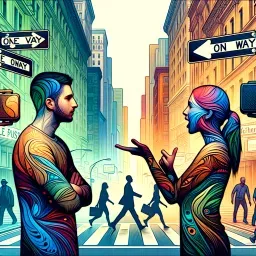
You never fing mind, man. That’s your fing business.
-
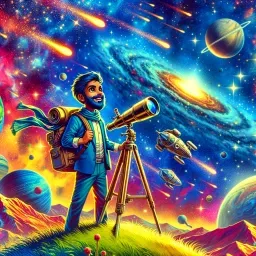
To infinity and beyond!
-
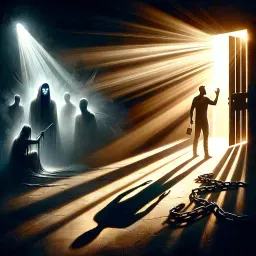
Bring out the gimp.
No Comments